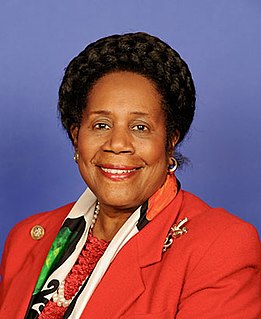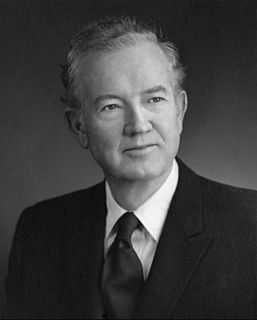A Quote by Mike Simpson
History has shown us that, on extraordinarily rare occasions, it becomes necessary for the federal government to intervene on behalf of individuals whose 14th Amendment rights to legal due process and equal protection may be violated by a state.
Related Quotes
The First Amendment and Fourteenth Amendment rights in the United States Constitution were being violated in Albany again and again - freedom of speech, freedom of assembly, the equal protection of the laws - I could count at least 30 such violations. Yet the president, sworn to uphold the Constitution, and all the agencies of the United States government at his disposal, were nowhere to be seen.
In talking about human rights today, we are referring primarily to the following demands: protection of the individual against arbitrary infringement by other individuals or by the government; the right to work and to adequate earnings from work; freedom of discussion and teaching; adequate participation of the individual in the formation of his government. These human rights are nowadays recognised theoretically, although, by abundant use of formalistic, legal manoeuvres, they are being violated to a much greater extent than even a generation ago.
The Second Amendment, like the rest of the Bill of Rights, was meant to inhibit only the federal government, not the states. The framers, as The Federalist Papers attest (see No. 28), saw the state militias as forces that might be summoned into action against the federal government itself, if it became tyrannical.
Yes, the state must intervene to prevent the exploitation of poor Indian women who are enticed or coerced into surrogacy, as well as to protect the rights of surrogate children. However, it should also be empathetic to individuals with alternative lifestyles who are well within their legal and human rights to demand access to surrogacy services.
The Community Relations Service would be another pro-civil rights Federal agency attempting to make people do what the policy of the Federal Government demanded that they do. Moreover, in title II of the bill, this Service is made an agent of the court without due thought as to the effect on legal and judicial procedures.
































